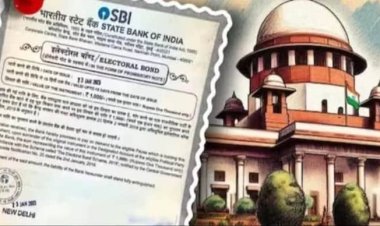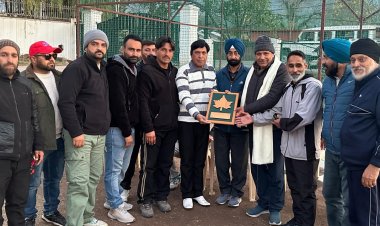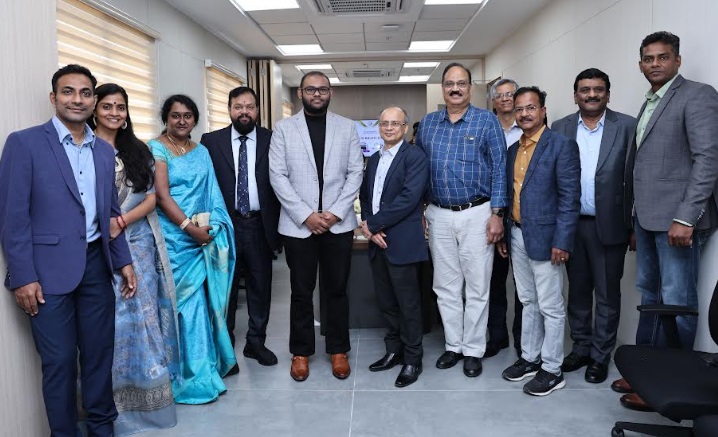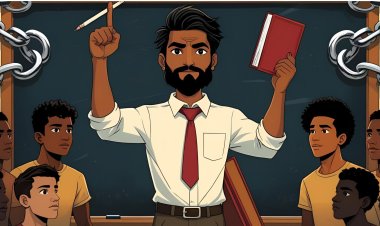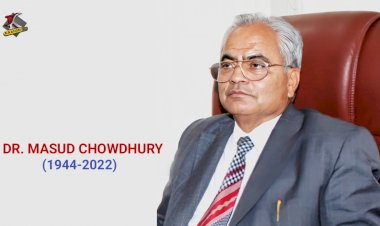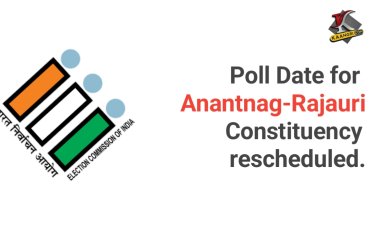AC Approves 10% Reservation for Paharis & other New Tribes in J&K
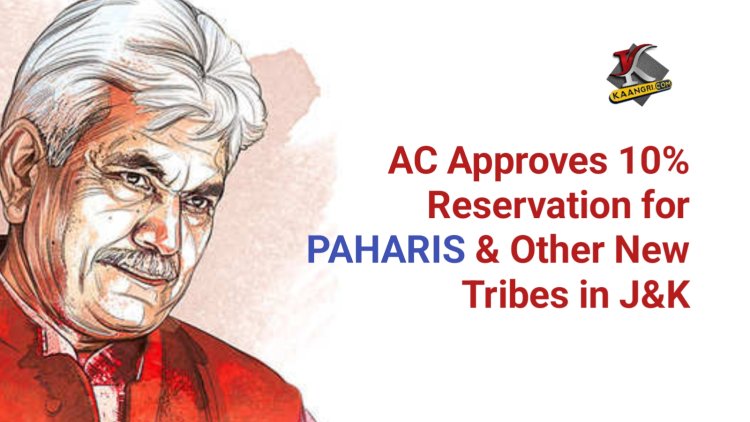
J&K: The Administrative Council, chaired by Lieutenant Governor Sh. Manoj Sinha, convened to discuss and approve amendments to the Jammu and Kashmir Reservation Rules, 2005. The proposed changes align with the Jammu & Kashmir Reservation (Amendment) Act, 2023, the Constitution (Jammu & Kashmir) Scheduled Castes Order (Amendment) Act, 2024, and the Constitution (Jammu & Kashmir) Scheduled Tribes Order (Amendment) Act, 2024. Additionally, they incorporate recommendations from the Jammu and Kashmir Socially and Educationally Backward Classes Commission, established by Government Order No. 2030-JK (LD) of 2020.
Attending the meeting were Rajeev Rai Bhatnagar, Advisor to the Lieutenant Governor; Atal Dulloo, Chief Secretary, J&K; and Mandeep Kumar Bhandari, Principal Secretary to Lieutenant Governor.
In response to the Parliament's inclusion of four new tribes - the Pahari Ethnic Group, Paddari Tribe, Kolis, and Gadda Brahmins - in the Scheduled Tribes Order for J&K, the Administrative Council approved a 10% reservation for these newly added tribes, raising the overall reservation for STs to 20%. To ensure equitable distribution of benefits, the council sanctioned an equal 10% reservation for both previously notified and newly added tribes.
Furthermore, the council greenlit the addition of 15 new castes to the Other Backward Classes (OBCs) category, along with an increase in reservation for OBCs to 8%. These decisions address the longstanding demands of the OBC community within the UT. Additionally, changes in nomenclature and synonymy of certain castes, as recommended by the SEBC Commission, were approved.
In line with the provisions of the Rights of Persons with Disabilities Act, 2016, the council agreed to replace the term "physically challenged persons" or "handicapped" with "Persons with Disabilities" in the rules. These amendments are poised to address the protracted grievances of marginalized communities, ensuring their rightful representation in government jobs and professional courses.
Historically deprived of such opportunities due to social, educational, and economic backwardness, these communities will now have greater access to avenues for advancement and inclusion.

